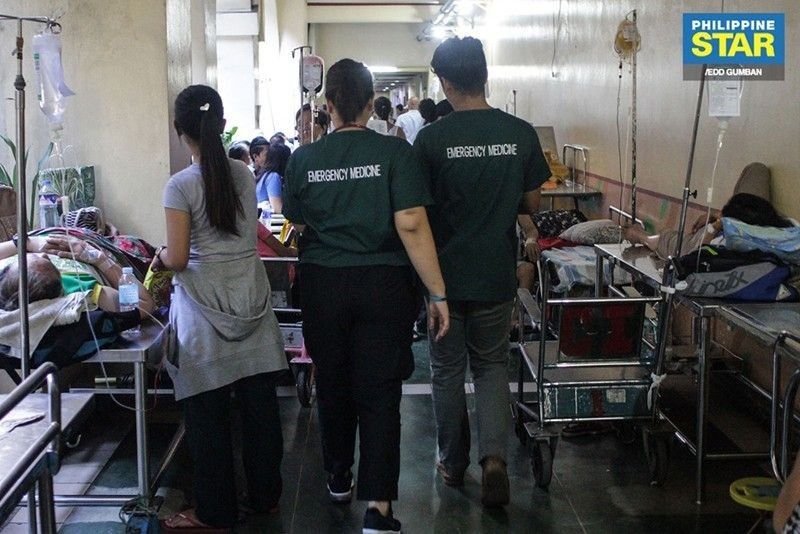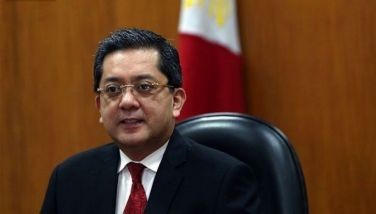DOH finalizes universal health care implementing rules

MANILA, Philippines — The Department of Health (DOH) is finalizing the implementing rules and regulations (IRR) for the expanded or universal health care (UHC) program, which starts in January.
“They are now putting finishing touches to the IRR. They have sought our comments, which we have just submitted along with our recommendations,” Quezon Rep. Angelina Tan, who chairs the committee on health of the House of Representatives, said yesterday.
She said she was satisfied with the rules drafted by the DOH in consultation with health sector stakeholders.
Tan said although the UHC law gives the department until the end of this month to come out with the rules, the agency would most likely issue them before Oct. 15.
“I am supporting their progressive realization target because that’s what the law provides,” Tan, a physician, added.
Health Secretary Francisco Duque lll earlier told congressmen that a national UHC rollout next year was not possible due to lack of funds and personnel.
It would also take time to achieve the mandate of the law to integrate national and local health services, he said.
Speaker Alan Peter Cayetano has asked Tan to determine, in consultation with the DOH, how much exactly would the UHC program require in its first year of implementation in 2020.
Deputy Speaker Mikee Romero of 1-Pacman supported Cayetano’s plan to provide enough funds for expanded health services.
“We passed the UHC law with a promise to expand medical care. It is important that we deliver on that promise by appropriating the necessary funds,” he said.
Romero said a lot of Filipinos not covered by government-funded insurance through the Philippine Health Insurance Corp. (PhilHealth) expect to benefit from the UHC law and enjoy free basic medical attention in both government and private hospitals.
He said the provision of free medical services, aside from being a health program, is a poverty reduction measure.
“If members of a poor family are healthy, they can go to school. If one or two of them finish high school or college and get employed, they can help lift their family from poverty,” Romero added.
He pointed out that based on the experience of countries with high incidence of poverty in the past, social protection measures like free health care and cash grants are effective poverty alleviation initiatives.
“We hope to significantly reduce our present poverty incidence of 23 percent with our own social protection measures like UHC, and the Pantawid Pamilyang Pilipino Program or 4Ps,” Romero said.
The proposed 2020 national budget the House approved on third and final reading last Friday includes P166 billion for UHC.
Of that amount, P67.4 billion is allocated for PhilHealth, P9.5 billion for the deployment of health care personnel to the provinces, P9.4 billion for medical assistance to poor patients, and P5.9 billion for health facilities. UHC will need an estimated P257 billion in 2020.
To augment UHC funds, Tan proposed the use of the P1.2 billion returned to the government last year by dengue vaccine Dengvaxia maker Sanofi for the program.
- Latest
- Trending



























